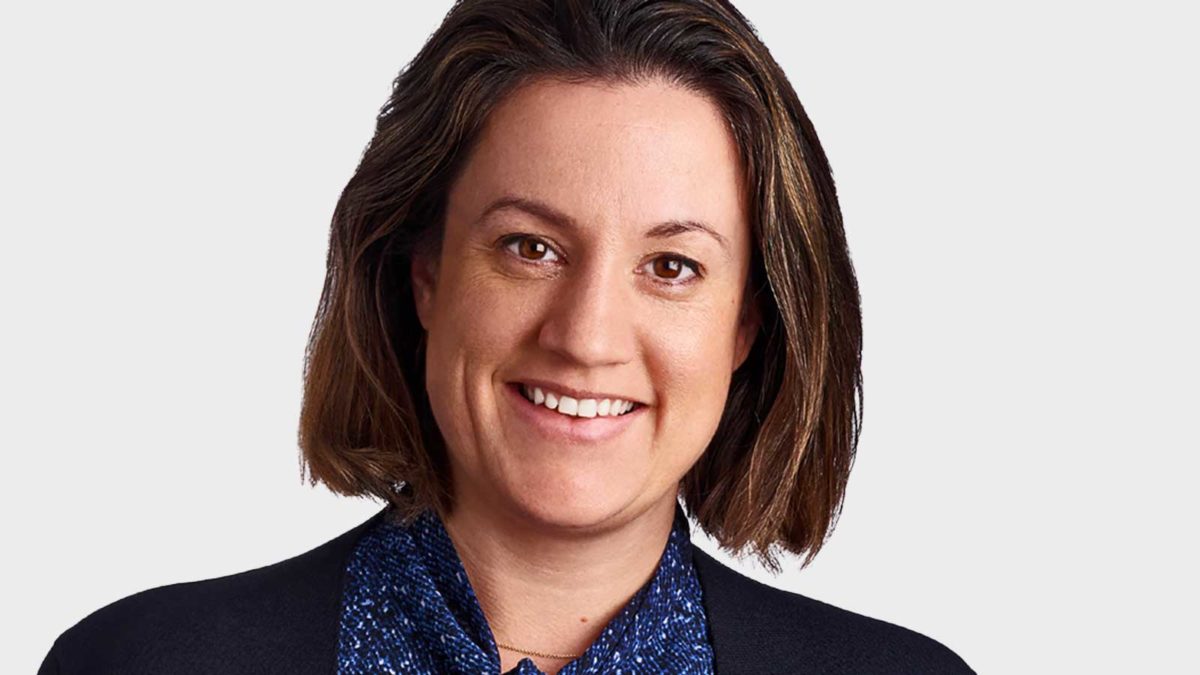Net-zero go slow frustrates funds
It’s probably too early to pick the winners in the transition to net-zero. But the lack of a solid plan at the Federal level is making things even more complicated.
The interest in renewable energy has grown substantially over the past 18 months, and particularly in the leadup to COP26, where world leaders aim to hammer out something approaching a plan for the future. But as big super funds turn their gaze to the lucrative opportunities created by renewables, they should remember that there’s no sure bets.
“It’s an exciting period; in many ways, we’re talking about the largest global investment opportunity of our time,” Claire Simpson, JANA co-head of infrastructure research, told a Women in Super event on Wednesday (October 27). “But there are risks and issues that we’re already experiencing in the transition and some of the new infrastructure sectors that are coming to the market.
Chief among those risks is the possibility that many currently profitable assets could become “stranded” by the rapid transition to net zero, a scenario which has commanded significant attention from both the superannuation industry and global central banks, particularly in the landmark “Green Swan” report prepared by the Bank for International Settlements (BIS) in 2020.
That report suggested that there could be a “fire sale” of fossil fuel-exposed assets if their profitability came into question, with central banks potentially forced to act as “climate rescuers of last resort” by acquiring them at bargain basement prices to ensure financial system stability.
“We’re spending a lot of time looking at existing portfolios and speaking to managers about how they are managing that risk,” Simpson said. “High quality managers will engage and work through issues – we talked about gas pipelines; can you retrofit them? What combination of hydrogen can they be used for?”
On the flipside of the stranded assets debate is the possibility that investors might overpay for renewable energy assets given the current “sentiment and rush for green” (a view likely shared by David Scaysbrook, the subject of our lead story this week).
“We do have some concern that investors are overpaying, and you’re also being forced to pick winners very early on with some of these technologies that are coming into the market,” Simpson said. “Which is something that infrastructure hasn’t really experienced previously… it’s still early days in some of the sectors we’re seeing, and there is a risk that some of those technologies may not come to fruition or that they will be superseded, potentially.”
Society is changing too. Gen Z will be the biggest group of consumers by 2030, and they have a markedly different view of the world to previous generations. It’s no secret that reputation matters – the whiff of scandal has hung around companies like AMP long after the culprits have departed – and Gen Z’s “activism and strong opposition” can “really impact value”, which JANA is factoring into its long-term view on some assets.
The other guiding light for green investment is the Morrison Government’s newly announced net-zero plan. While it’s exceedingly light on detail, Simpson believes it will provide “a real runway for investors” and that “knowing there’s clarity in that policy direction” will encourage funding into the sector. But others in the superannuation industry are less certain of its virtues.
Kristian Fok, chief investment officer of Cbus, noted (quite diplomatically) that while many of the states and territories already have plans in place, and that large corporates are also moving towards their own transition, things are easier going internationally.
“I know the Federal Government is starting to talk about this – that there is a financial need to start to think about putting in the right frameworks to align with what’s going on with the rest of the world, because it’s going to make the transition and normal doing business more costly going forward,” Fok told a panel at the Lonsec and SuperRatings Fund of the Year Awards on Thursday (October 28).
“That’s something we’re seeing… We feel more comfortable – unfortunately, at this stage – seeing the opportunities overseas, and we’d love to have a bit more certainty. The cost of capital will go down but we’ll also be able to find more that we can invest in that will help our own transition in our economy.”
His fellow chief investment officer, Damian Graham of Aware Super, mostly agreed.
“When we talk to counterparts in Europe, they’re very well advanced on their thinking on managing climate risk and really have embedded this into their investment frameworks, and I think both Cbus and Aware have done a lot of work as well… it’s really critical to remember that it’s no good any fund succeeding in getting to net zero if the economy doesn’t get to net zero,” Graham said.











